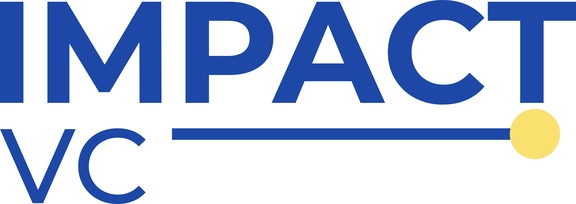Embedding impact into IC decision-making
There are two factors here that are relevant:
Impact insights from DD making it to the Investment Committee (IC) as an input
The IC's ability to consider those impact insights as part of the decision
Impact insights from DD making it to the IC
The simplest way to do this is to include space in IC memos (or equivalent) to consider impact. Doing this in a structured and clear way helps to present the information in digestable way, whereby an IC can also consider impact relative to the portfolio or other propositions.
Frameworks including the Impact Frontiers' 5 dimensions of impact or a theory of change might be a good way to do this. Key questions include:
What outcomes are being targeted by the startup?
How will these be achieved?
What are the key risks associated with impact in this model?
How does the above drive commercial value (eg does it interact with customer acquisition, market size)?
For social investments:
Who is the startup currently reaching and planning to reach over time?
How meaningful is the change experienced by end-users?
How many people stand to benefit?
How additional is this impact?
For environmental investments:
What is the per transaction/use emissions impact of the product?
How does this compare to existing products?
How big can the company get (ie how many transactions/uses of the product will exist)?
Are there other environmental impacts (biodiversity, resource use, etc)
The IC's impact expertise
It is often helpful to have members on the investment committee with impact expertise. They can help to surface the most material impact questions, and help connect impact and business value in a meaningful way for IC members to consider. This is normally achieved by appointing an impact champion to the IC, or providing training to members of the IC, so that they better understand impact dynamics.
For example, the Fair By Design fund has a 'lived experience panel' that helps IC members incorporate their expertise of living with poverty into prudent decision making, around which products will actually work and therefore generate value.
Last updated
